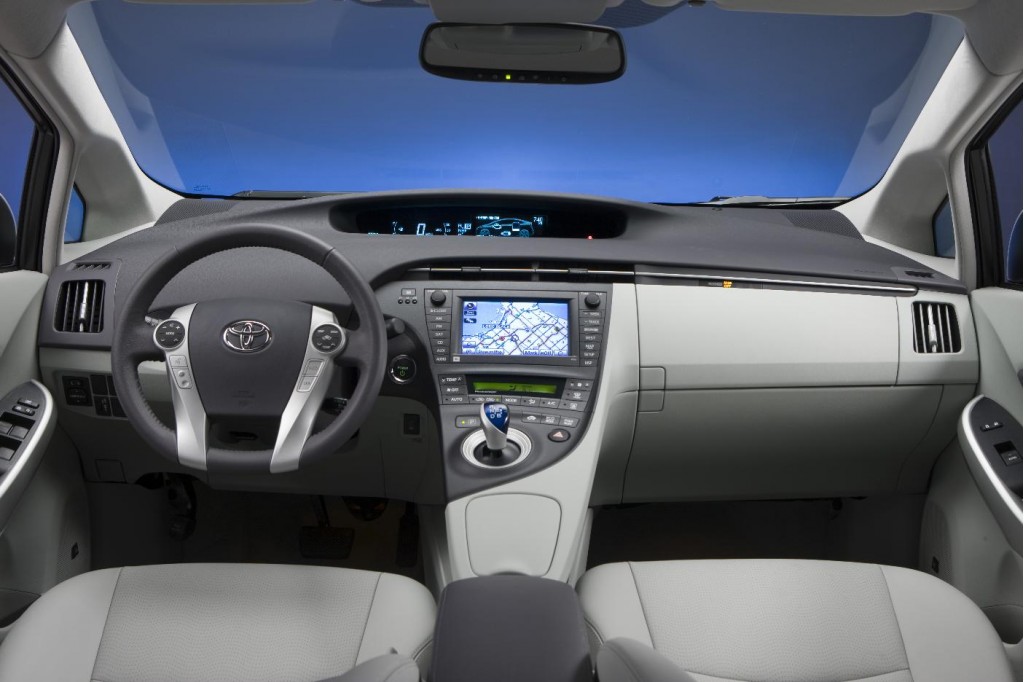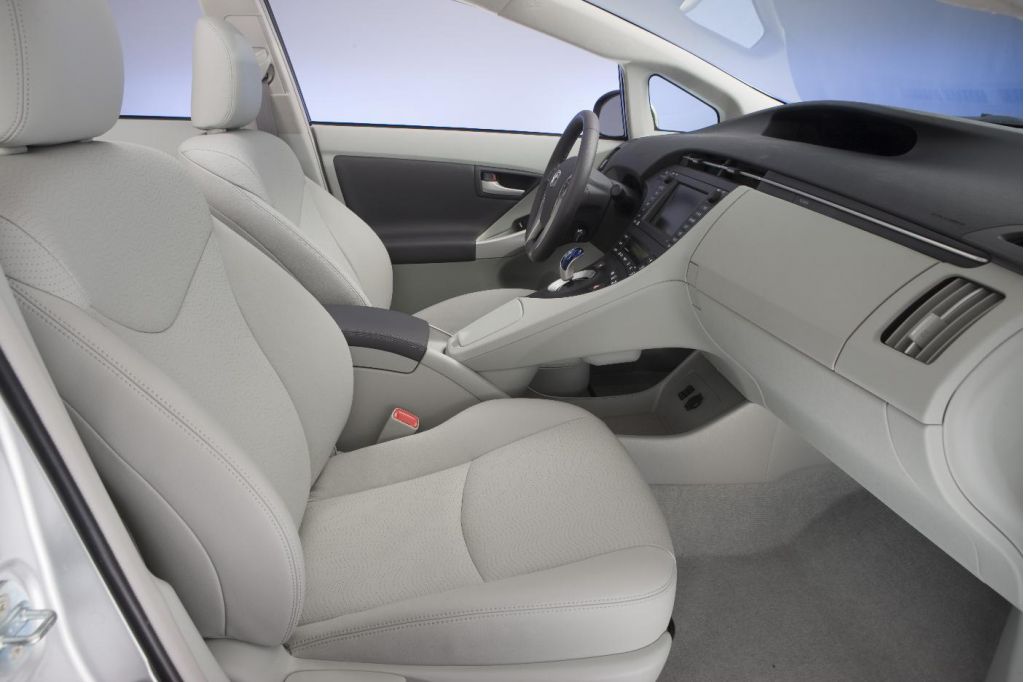
2010 Toyota Prius
We've just read some nice investigative reporting by DailyTech's Jason Mick on a well-known but infuriating phenomenon: auto dealer price gouging, in this case on the sought-after 2010 Toyota Prius.
We're far from the only outlet to note that the Cash-For-Clunkers plan boosted sales of the 2010 Prius to the point where the car was pretty much sold out at some dealers.
Economic theory holds
Global demand for the new hybrid, due to limited production of the high voltage battery packs, has led to predictions of worldwide shortages of the 50-mpg 2010 Toyota Prius.
In economic theory, when demand exceeds supply, the price rises.
And that's what happened at some Toyota dealers, where floods of eager clunker buyers sought new 2010 Toyota Priuses to earn the maximum $4,500 credit.
Most car buyers know that the sticker price is just the starting point for a negotiation. Incentives abound, and data on dealer invoice prices--what the dealer really paid for the car--is easy to find.
"Market Value Adjustment"
Until the Clunkers program started in the last week of July, it was a buyer's market for most models. Since then, dealers with hot cars like the new 2010 Prius have been able to set their price. And they have.
It's called a "Market Value Adjustment," or MVA, and dealers have been adding MVAs of $2,000 to as much as $6,500 above the sticker price of new 2010 Toyota Prius models. Which, obviously, more than offsets the Clunker rebate.
It's worth pointing out that not every Toyota dealer adds such markups. And the Prius has seen markups before, most recently when gasoline prices hit $4 a gallon in the fall of 2007.
Even dealers who don't add markups, however, can usually get full sticker price for in-demand cars.
Another traditional avenue for dealers to rake in extra profit is overpriced options (rustproofing, floor-mat kits, extra trim items) added only to the hottest models.
Longstanding tradition
We find it hard to be terribly disturbed at the markups, frankly. When buyers for a hot car exceed the supply, dealers have little incentive to bargain aside from their desire to encourage repeat buying next time.
On the flip side, car buyers have little compunction about bargaining hard when dealers are desperate. And the balance of power between the two evened up somewhat when data on dealer invoice costs became available.
Still, we can't help but agree with Mick's conclusion: The fact that the elevated MSRP erased or even surpassed the Cash for Clunkers rebate was likely a hard pill to swallow for many buyers.

2010 Toyota Prius

2010 toyota prius first drive 002

2010 Toyota Prius two-tone leather interior

2010 Toyota Prius













